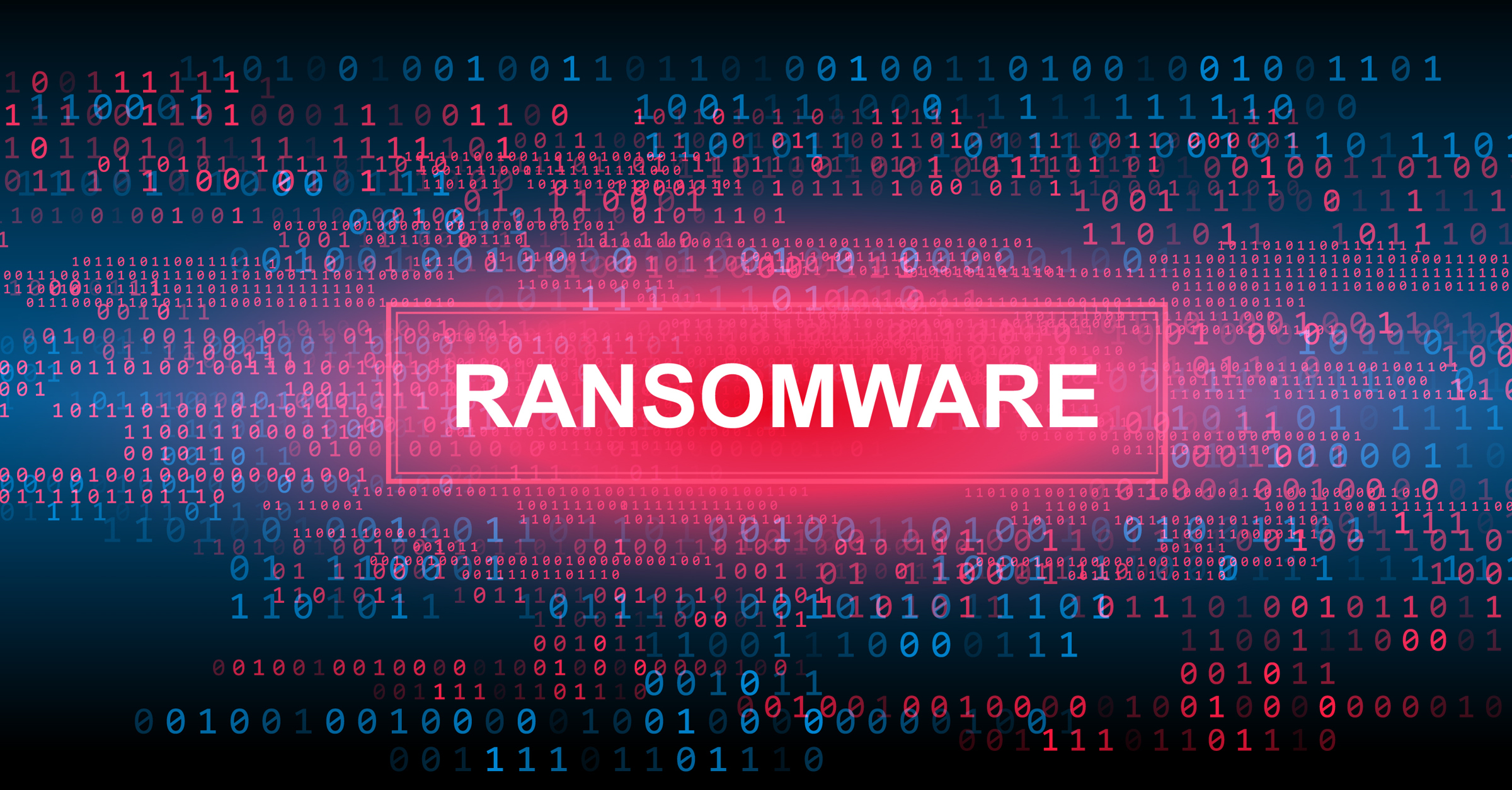Understanding IoT and Azure IoT
The Internet of Things (IoT) refers to the interconnection of everyday devices with the internet, allowing them to collect, send, and receive data. Microsoft Azure IoT is a cloud platform that provides a comprehensive set of services and tools to help businesses build, deploy, and manage IoT solutions.
Key Components of Azure IoT
- Azure IoT Hub: The central hub for managing billions of devices and sending messages to and from them.
- Azure IoT Device Provisioning Service: A service that enables devices to securely connect to Azure IoT Hub without requiring manual configuration.
- Azure Time Series Insights: A fully managed analytics service that allows you to store, analyze, and visualize large amounts of time series data from IoT devices.
- Azure Digital Twins: A modeling service that enables you to create digital representations of physical places, assets, and processes.
- Azure Sphere: A secure, end-to-end platform for building IoT devices.
Benefits of Using Azure IoT
- Scalability: Azure IoT can handle billions of devices and trillions of messages, making it ideal for large-scale IoT deployments.
- Security: Azure IoT provides robust security features to protect your IoT devices and data.
- Integration: Azure IoT integrates seamlessly with other Azure services, such as Azure Machine Learning and Azure Cognitive Services.
- Cost-effectiveness: Azure IoT offers a pay-as-you-go pricing model, allowing you to only pay for the resources you use.
Common IoT Use Cases
- Smart Manufacturing: Optimizing production processes, reducing downtime, and improving product quality.
- Smart Cities: Managing traffic, energy consumption, and waste disposal.
- Connected Healthcare: Remote patient monitoring, predictive maintenance of medical equipment, and improving patient outcomes.
- Retail: Enhancing customer experience, optimizing inventory management, and improving supply chain efficiency.
- Agriculture: Precision farming, monitoring crop health, and optimizing resource usage.
Building an IoT Solution with Azure IoT
To build an IoT solution with Azure IoT, you typically follow these steps:
- Design your IoT solution: Determine the devices you will use, the data you will collect, and the actions you will take based on that data.
- Choose the appropriate Azure IoT services: Select the services that best meet your needs, such as Azure IoT Hub, Azure IoT Device Provisioning Service, and Azure Time Series Insights.
- Develop your IoT devices: Create or purchase devices that can connect to the internet and send data to Azure IoT Hub.
- Build your IoT application: Develop an application that can receive data from Azure IoT Hub, process it, and take appropriate actions.
- Deploy and manage your IoT solution: Deploy your IoT solution to the cloud and manage it using the Azure portal.
Conclusion
Azure IoT is a powerful platform that enables businesses to build and manage IoT solutions at scale. By leveraging the benefits of Azure IoT, organizations can unlock new opportunities, improve efficiency, and drive innovation.










